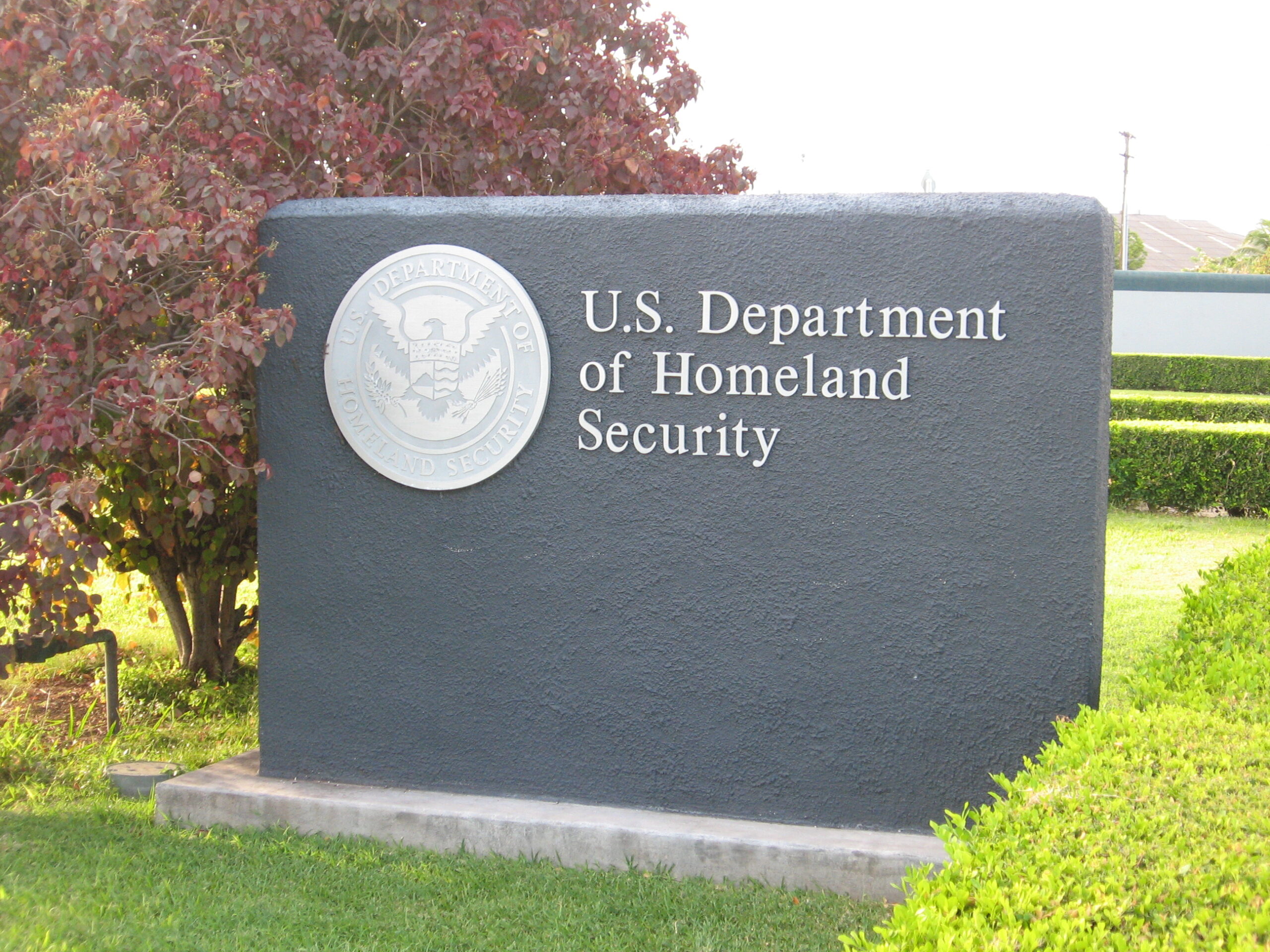Is DHS Saving Its Texts or Not?
DHS told us that it could not produce communications we requested because it “no longer maintained” text messages. After the New York Times reported on that startling admission, this weekend the agency claimed that it does preserve texts — but it offered no explanation for its records request denials.

Late Friday evening, the New York Times reported on the startling admission we received from the Trump administration: “The Department of Homeland Security rebuffed a request for public records related to the National Guard deployment in Los Angeles this summer, saying that the agency had not maintained text message data among top officials since early April, according to its communications with a nonprofit watchdog group.”
In an update to its story, the Times noted, “The Homeland Security Department did not initially respond to requests for comment. On Sunday, after publication of this article, a senior department official said that the agency maintained records of text messages and would continue to do so, but did not explain why the department had said otherwise in denying records requests.”
The decision to halt text message retention at DHS appears to have coincided with the timing of increased scrutiny over the department’s wrongful removal of Kilmar Abrego Garcia.
These startling admissions, revealed in DHS’s response to American Oversight’s Freedom of Information Act (FOIA) requests, raise serious concerns about the agency’s compliance with federal transparency and recordkeeping laws, including FOIA and the Federal Records Act, especially in the wake of the Signalgate scandal.
“First DHS told us they stopped preserving text messages for Secretary Noem and other top officials in April, now they are telling the media the records are still preserved. Both can’t be true – the American people deserve an explanation,” said Chioma Chukwu, Executive Director of American Oversight. “The law is clear: text messages are federal records, and DHS cannot simply decide it will no longer maintain or search them. We will not allow this blatant attempt by one of the nation’s largest law enforcement agencies to shield itself from oversight and accountability while carrying out some of the administration’s most dangerous and unconstitutional initiatives to be swept under the rug.”
Background:
In July, American Oversight submitted a FOIA request seeking the text, Signal, and email communications of Noem and other top DHS officials related to the National Guard’s questionable Los Angeles deployment to quell protests over its mass deportation agenda. In its July 23 response, DHS stated that “text message data generated after April 9, 2025, is no longer maintained.”
To test whether the agency was in fact retaining these communications, we submitted a follow-up FOIA request on August 21 seeking text messages sent or received by DHS leaders in July 2025. Just two and a half hours later, DHS responded with a categorical “no records” determination, stating that it “no longer has the capability to conduct a search of text messages.”
DHS’s decision to stop preserving or searching text messages after April 9 appears to have coincided with heightened public scrutiny of the Trump administration’s wrongful deportation of Kilmar Abrego Garcia, a Salvadoran national living in Maryland who was mistakenly sent in March to a notorious mega-prison in El Salvador. According to public reporting and whistleblower accounts, DHS officials were engaged in significant internal discussions during this period about compliance with the Supreme Court’s orders — including through text messages — raising serious concerns that the agency’s failure to preserve or produce these records may have shielded critical communications from oversight and accountability.
With more than 260,000 employees and 80,000 law enforcement officers, DHS plays a central role in some of the federal government’s most controversial actions, including mass detention and deportation operations that have run roughshod over the rights of immigrants and American citizens alike. The department’s new position suggests that critical records may not be preserved or accessible for lawful oversight, leaving the public in the dark about decisions with sweeping consequences for civil rights and public safety.
The irony is stark: DHS and its components, including Customs and Border Protection, recently received a dramatic increase in funding, and have unprecedented access to the phones and communications of ordinary people — conducting record-high searches of travelers’ devices at the border — while simultaneously claiming it cannot access or search the official text messages of its own senior leadership.